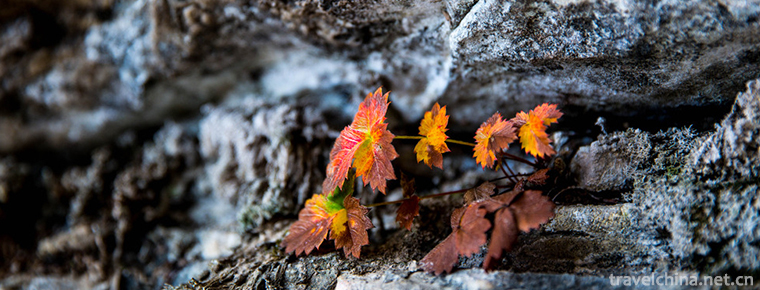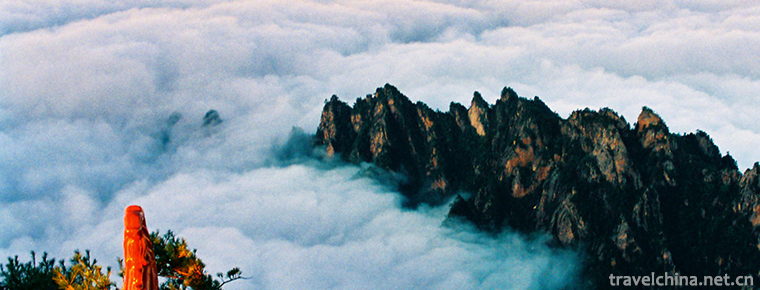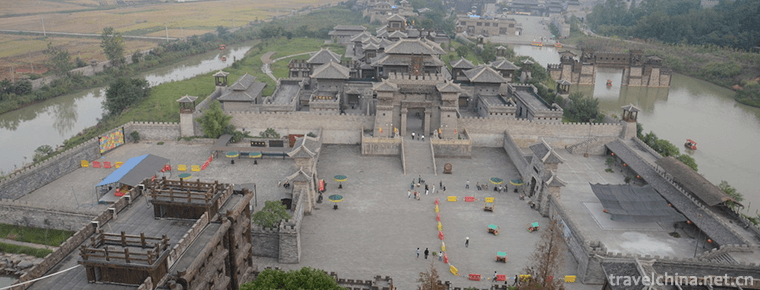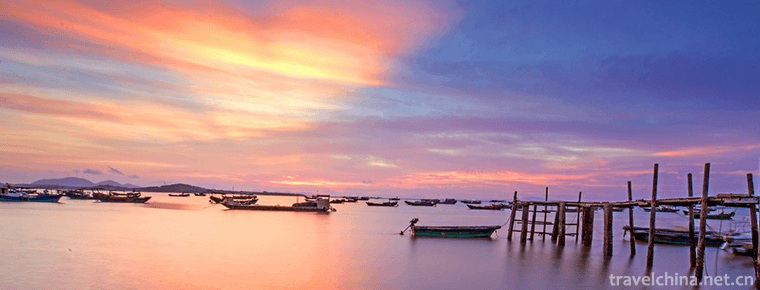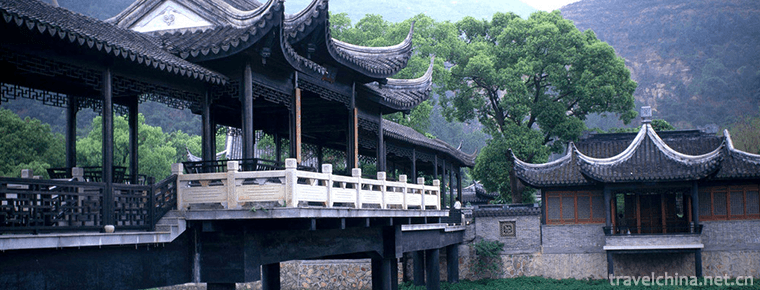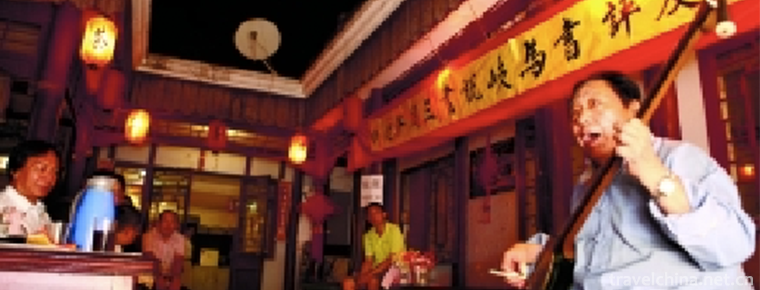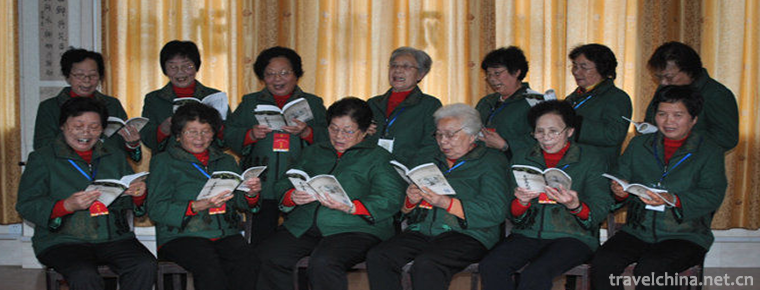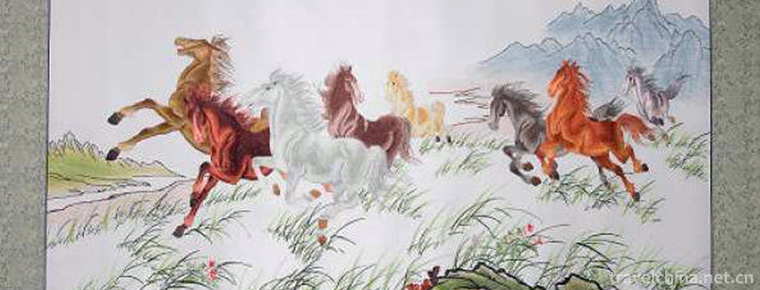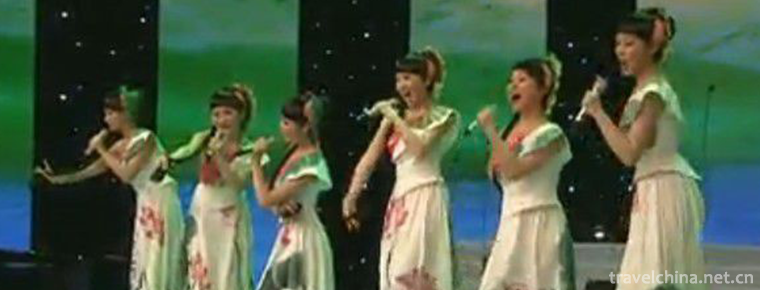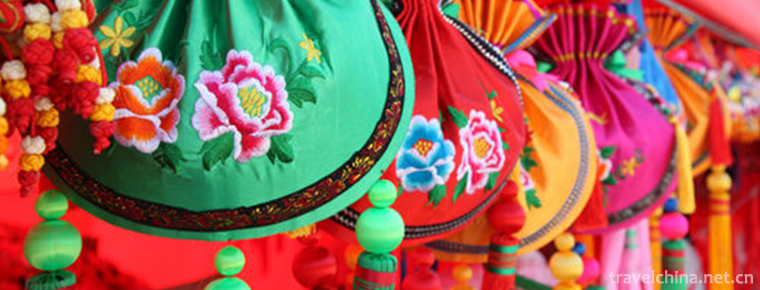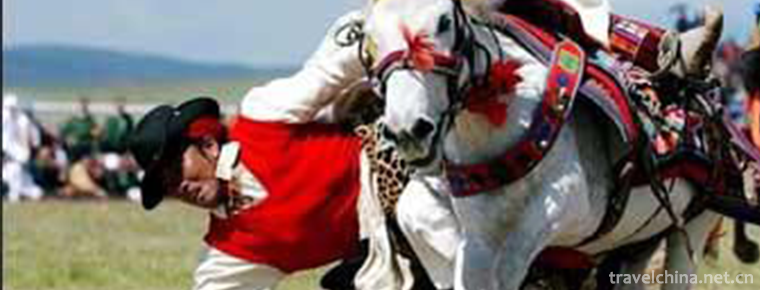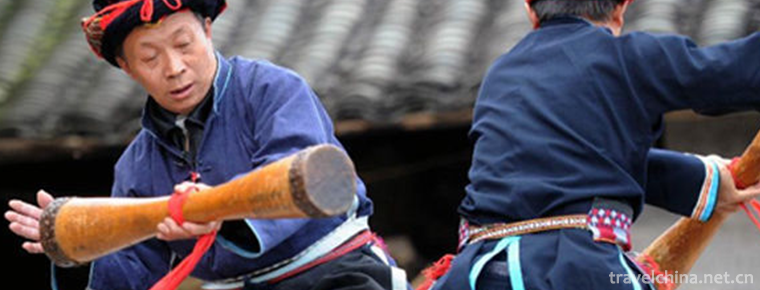Notice for visiting Chengdu Giant Panda Base
Please don't make any noise. Don't make any abnormal or sharp sounds, which will disturb the wild animals. Giant pandas and other animals naturally like quiet environment and are sensitive to noise. In order to ensure the effect of your visit, please respect their living habits and keep a quiet environment.
If you take photos, please don't use flash, especially panda cubs. Their eyes are very sensitive to light, and the flash is likely to hurt them.
Don't feed animals, your food is not suitable for them, and don't pick bamboo from the base to feed pandas. Every day, the panda's food is rationed by the keeper.
⊙ do not throw anything into the animal house to avoid disturbing the eating habits of giant pandas and prevent the spread of diseases. If the animals eat by mistake, it may have very serious consequences.
⊙ please do not play with the free range animals (such as peacocks and little pandas) in the park, and keep a distance of more than 3 meters to avoid animals hurting people.
⊙ please keep the environment of the park and do not scribble in any place (including rocks, trees, buildings, etc.). Please do not leave the road at will during the tour, so as not to trample on the vegetation.
⊙ this is a smoke-free scenic area. Please do not smoke in the park. At the same time, it is strictly prohibited to fire guns and set off fireworks in the park. Your carelessness may cause forest fire.
⊙ please don't pick flowers and plants and damage trees; don't deliberately hurt any small animals, including butterflies, caterpillars, etc.
⊙ don't sit or stand on the railings and other dangerous places in the park, and don't try to climb over the fence, which will also bring bad influence to other tourists. There are many stools for tourists to rest in the base. If you are tired, you can rest there.
⊙ please do not litter (including cigarette butts, candy wrapping paper, food scraps, etc.), please put the garbage in the right place or take the garbage away according to the garbage classification. In addition to the giant panda, there are other wild animals in the base. If they eat the garbage left by you, it may cause serious consequences.
⊙ please don't bring your pet into the park, so as not to bring trouble to others.
⊙ if you see any tourists in the base who do not comply with these rules, please point them out and help them correct them. A good environment needs to be maintained by all of us.
Thank you for your support to our work!!!

Notice for visiting Chengdu Giant Panda Base
-
Baishishan Scenic Area Baoding City Hebei Province
Baishishan Scenic Area, also known as Baishishan National Geological Park, is called "Xiaohuangshan" because its scenery resembles the Huangshan Mountain in Anhui Province.
Views: 295 Time 2018-11-24 -
Old boundary ridge of Funiu Mountain
Laojieling is located in the north of Xixia County, Nanyang City, Henan Province. It is located in the upper part of the south slope of Funiu Mountain
Views: 141 Time 2018-12-09 -
Chibi ancient battlefield
The ancient battlefield of Chibi in the Three Kingdoms, where the battle of Chibi took place, is located on the South Bank of the Yangtze River in the northwest of Chibi City, Hubei Province
Views: 422 Time 2018-12-12 -
Dajiaowan Scenic Area Hailing Island Yangjiang
Dajiaowan Scenic Spot of Hailing Island in Yangjiang, located in Zhapo Town of Hailing Island in Yangjiang City, Guangdong Province, is a famous national AAAAA tourist attraction
Views: 176 Time 2018-12-12 -
Zhongshan Zhan yuan
Zhanyuan is located in Beitai Village, South District of Zhongshan City, beside 105 National Highway, covering 100 mu. It is divided into three regions: Zhanyuan Zhushou, Qijiang Langqiao and Zhanfu Z
Views: 232 Time 2018-12-22 -
Beijing storytelling
Beijing Book Review is a traditional art of rap and singing. Legend has it that Liu Jingting (1587-1668), a Southern Jiangnan storyteller, came to Beijing in the late Ming and early Qing Dynasties
Views: 469 Time 2019-04-04 -
Song Album
"Dongshan Song Book" was introduced from Chaozhou, Guangdong Province, in the Ming Dynasty. Its tunes were constantly changing in the singing of folk singers and gradually assimilated
Views: 178 Time 2019-04-30 -
Wenzhou embroidery
Ou embroidery, also known as painting curtain, is a local traditional art in Wenzhou, Zhejiang Province. It is produced in Oujiang area. It is also one of the special handicraft products of "thre
Views: 181 Time 2019-06-08 -
Qianjiang Folk Songs
Qianjiang folk song is a traditional folk song in Hubei Province. Popular in Qianjiang City, folk songs created by local working people in their work, life and customs. Its rich content,
Views: 305 Time 2019-06-10 -
Qingyang Xiangbao embroidery
According to the pattern of paper-cut, various patterns are embroidered on the silk fabric with colorful thread, then different shapes are sewn, and the inner core is filled with silk, cotton and spic
Views: 152 Time 2019-06-11 -
Jockey Club
The horse race held every June in the Tibetan calendar is a grand traditional festival in the northern Tibetan grassland, also known as the "Grassland Festival", which lasts from 5 to 15 day
Views: 192 Time 2019-06-12 -
Long Drum Dance of Yao Nationality
Chinese Yao folk dance. Popular in Guangdong, Guangxi, Hunan and other provinces where Yao people live together, most of them perform on traditional Yao festivals, harvest celebrations, relocation or
Views: 260 Time 2019-07-11
